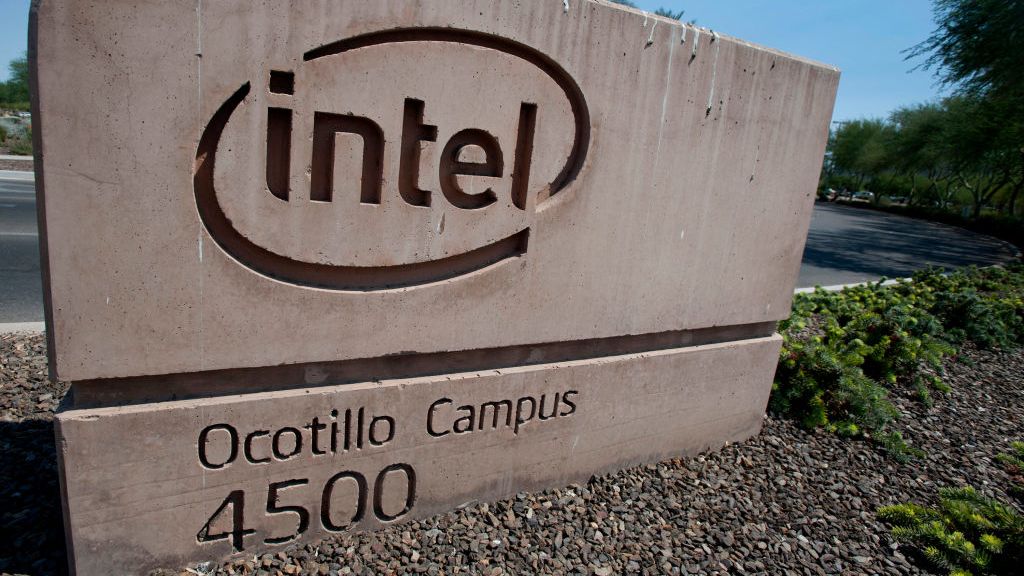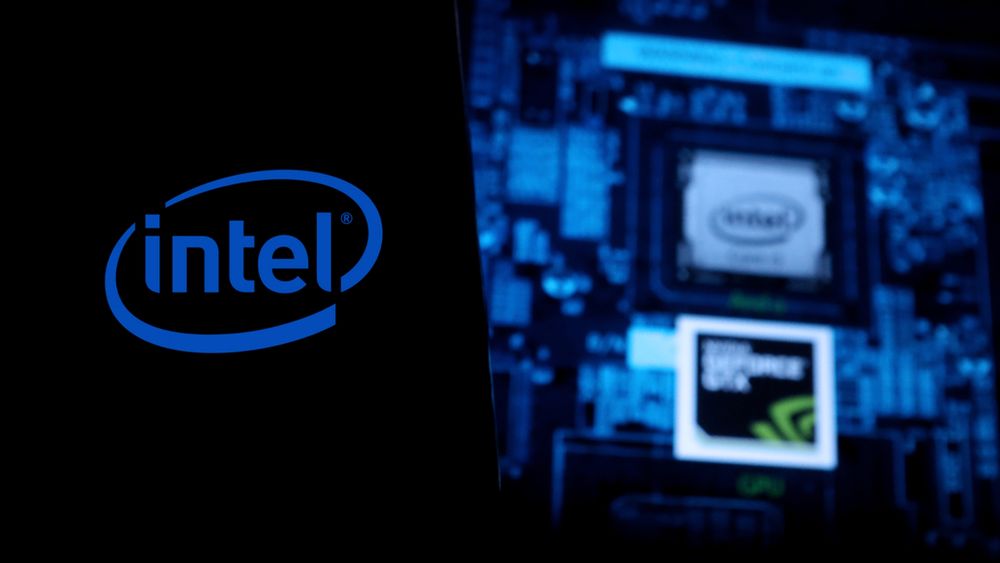Blackberry revenue falls by 4% as cyber security division takes hit
Despite this, the company’s Internet of Things (IoT) division increased its revenue by 28% as it attracted new customers from the automotive sector


BlackBerry has reported an 8% decrease year-on-year in its cyber security revenue, although it increased its Internet of Things (IoT) revenue by 28% and attracted new customers to this part of its business.
The Canadian company reported its earnings for the last quarter today and revealed that its cyber security revenue was $111 million, 8% less than the year before. The revenue from this segment in the third quarter is expected to be flat year-on-year, BlackBerry added in an earnings call, as reported by Reuters.
In the security software industry, the company has had to compete with rivals like Microsoft, Citrix, and IBM, with BlackBerry also having to face customers spending less in general due to the uncertain economic conditions facing the global economy.
Despite this, its IoT revenue came to around $51 million, an increase of 28% year-on-year, with a gross margin of 82%. This includes its BlackBerry QNX software which is used in the automotive industry for the design of cars’ operating systems. It has managed to attract more customers here, adding Ford, GM, and Hyundai to its list of customers that already included Honda, BMW, Mercedes-Benz, and Toyota.
“This was a solid second quarter for BlackBerry, where we delivered both revenue in line with, and EPS ahead of, expectations,” said John Chen, executive chairman & CEO of BlackBerry. “Our IoT business continues to gain market share, and design-phase revenue remained at near-record levels.”
RELATED RESOURCE

CIO Priorities: 2020 vs 2023
Zero Trust, SaaS Security, and its impact on SD-WAN being a priority
Chen added that a major design win in the quarter was with Volkswagen, who chose QNX for its new VW.OS which will be deployed across all Volkswagen Group brands.
“In our cyber security business we delivered double-digit sequential billings growth, including securing significant business in both government and financial services, as well as in the middle market,” said Chen.
Sign up today and you will receive a free copy of our Future Focus 2025 report - the leading guidance on AI, cybersecurity and other IT challenges as per 700+ senior executives
The total revenue for the company for the second quarter was $168 million, a fall of 4%. Its total software and services revenue was $162 million, with $6 million coming from licencing and other revenue.
Although bigger companies are suffering through the downturn in the global economy, it’s not potentially the same for smaller businesses. Recruiting giant Randstad said earlier this month that small businesses are in an unprecedented position to hire talent than would usually be taken by big tech companies. In an assessment of the market landscape, Randstad found that employers in small and medium-sized businesses (SMBs) should use this period to their advantage.
Zach Marzouk is a former ITPro, CloudPro, and ChannelPro staff writer, covering topics like security, privacy, worker rights, and startups, primarily in the Asia Pacific and the US regions. Zach joined ITPro in 2017 where he was introduced to the world of B2B technology as a junior staff writer, before he returned to Argentina in 2018, working in communications and as a copywriter. In 2021, he made his way back to ITPro as a staff writer during the pandemic, before joining the world of freelance in 2022.
-
 MSG giant Ajinomoto's chipmaking foray helps break financial records
MSG giant Ajinomoto's chipmaking foray helps break financial recordsNews In addition to umami seasoning, the company produces a microfilm insulation used by the semiconductor industry which was repurposed from its amino acid technology
-
 IBM unveils its 'most powerful' 433-qubit quantum processor
IBM unveils its 'most powerful' 433-qubit quantum processorNews The Osprey is three times more powerful than IBM's 127-qubit Eagle processor the company launched a year ago
-
 SK Hynix splashes out $11 billion on new semiconductor plant
SK Hynix splashes out $11 billion on new semiconductor plantNews The company will produce memory chips, but will reportedly decided closer to the time whether they will be DRAM or NAND flash chips depending on market conditions
-
 Intel strikes $30 billion private equity partnership to fund Arizona plant expansion
Intel strikes $30 billion private equity partnership to fund Arizona plant expansionNews Brookfield Infrastructure Partners will invest around $15 billion into the expansion of the chipmaker’s Ocotillo campus
-
 The best 3D printer tools and accessories for your business
The best 3D printer tools and accessories for your businessIn-depth Every business using 3D printers should be aware of these essential extras to raise its output to the next level
-
 LED vs laser printers: What should your business choose?
LED vs laser printers: What should your business choose?In-depth Laser and LED printer technology is similar, but each come with their own unique benefits that could make them best for your company
-
 Intel to produce chips for Taiwanese manufacturer MediaTek
Intel to produce chips for Taiwanese manufacturer MediaTekNews The agreement comes after the US chip company managed to secure deals with Amazon and Qualcomm last year
-
 Intel suspends operations in Russia
Intel suspends operations in RussiaNews The move comes 34 days after Intel joined AMD in halting chip sales to Russia


